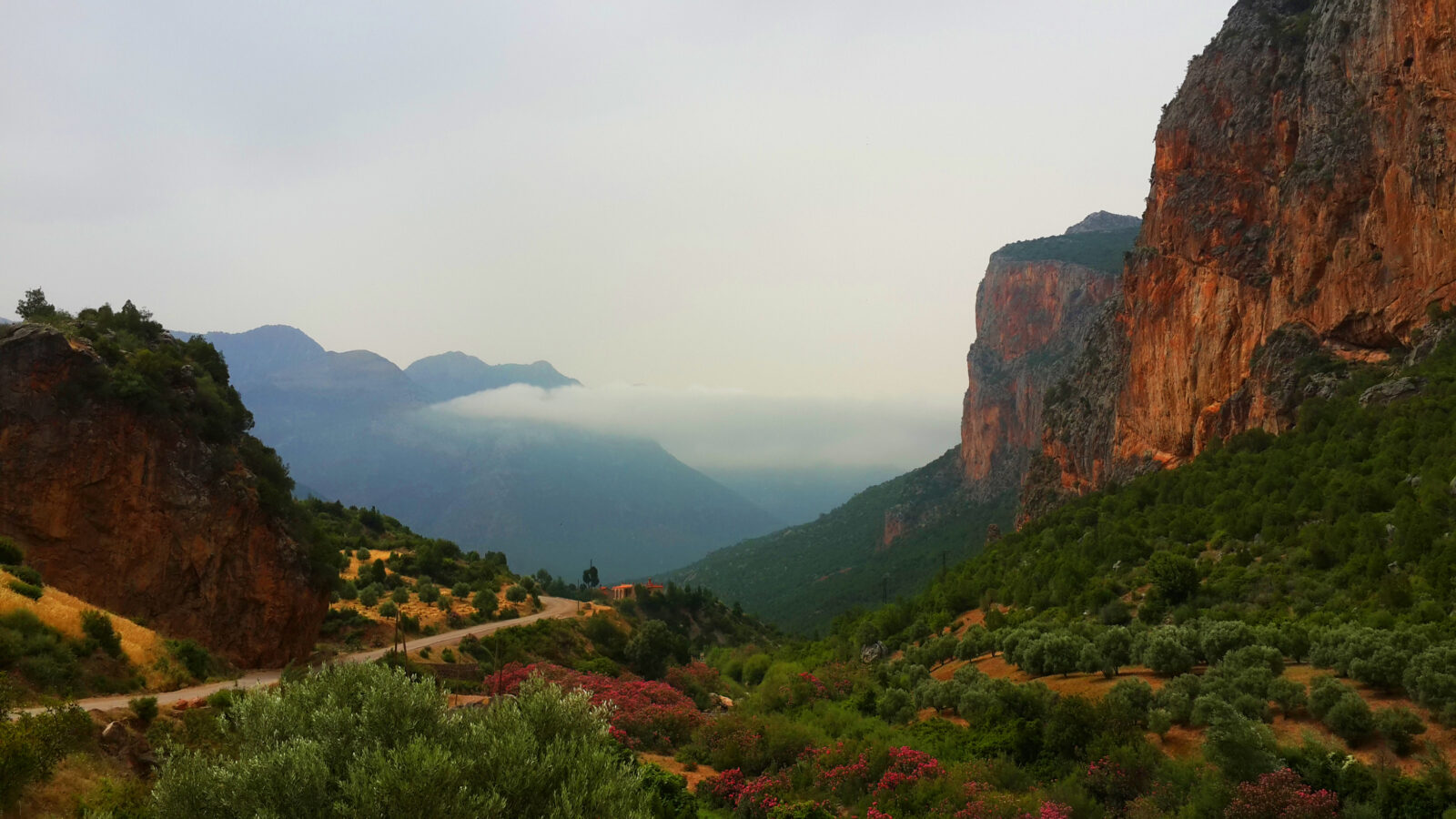
The black market is thriving in the Moroccan Rif Mountains
Morocco, the world capital of cannabis resin, is struggling to reconcile its historical but illicit cannabis production region with the burgeoning legal market.
According to the United Nations (UN) Office on Drugs and Crime, the northern region of the Rif Mountains is the world’s largest producer of cannabis resin. Cannabis has been tolerated in the Kingdom of Morocco for hundreds of years, but it has been illegal in all forms since the Kingdom’s independence in 1956.
With the aim of improving poverty-stricken regions in Morocco, in 2021 the kingdom’s ruling party decided to officially pass Law 13-21, a bill that would limit the production of cannabis for industrial, medicinal and cosmetic purposes in the three provinces At the same time, a National Regulatory Agency for Cannabis Activities (ANRAC) was created to oversee the production of cannabis.
Morocco launched its cannabis industry last October by issuing the country’s first ten licenses to cannabis production companies.
Under the law, farmers in the northern mountainous regions of Morocco, organized into collectives, will gradually be allowed to grow cannabis to meet the needs of the legal market. Abdeluafi Laftit, interior minister of the Alaouite Kingdom, Morocco’s ruling monarchy, said legalizing cannabis is part of the government’s plan to create new “development opportunities,” according to a report.
Al Jazeera reports that black market cannabis production in the Rif Mountains is thriving more than ever and tourists continue to flock to the area as a result. The mountainous and fertile region borders Tangier to the west and runs along the Mediterranean Sea to the north. For generations, hippies have been going there to get Moroccan hash.
“After Morocco gained independence, the hippies came to the mountains and taught us how to harvest the cannabis plants into cannabis resin [hashish]’ Mourad, father of six, told Al Jazeera. “I personally learned from my family and friends.”
But despite efforts to relax cannabis production laws, old habits are dying hard, and locals say illegal cannabis is more profitable.
“Officials came to the village in March to discuss the new bill with us and take the names of people who might be interested,” Mourad said. “For my part, I don’t really know what I’m going to do. If I am forced to switch to legal production, I will do so, but if most of my neighbors continue to produce cannabis illegally, I will do the same.”
“Obviously I don’t like living in fear and I would rather pursue a legal career. At the same time, I honestly don’t think most farmers will follow the law because we don’t feel it will benefit us. But I am aware that this may be the last year that I have been growing cannabis illegally. In my own interest, I will probably have to switch to legal production soon,” he added.
According to Interior Ministry data made available to Agence France-Presse news agency in 2013, at least 700,000 people – including 90,000 families – make a living from cannabis production in Morocco.
Al Jazeera reports that the Republic of the Rif was founded in 1921 by Abdelkrim Khattabi. For about 100 years, the Rif people have been reported to be hostile to the Moroccan state and say they are excluded from Morocco’s economic development.
“If we switched to legal cannabis production, we would lose money because the government sets the prices,” Anouar, a local in Bab Taza, told Al Jazeera.
“Illegal production is not that dangerous if you have a trustworthy network of buyers. For our part, we only sell the cannabis to four family friends that we have known for years, and they take care of bringing it to other cities in the country and to Europe,” says Anouar.

Post a comment: